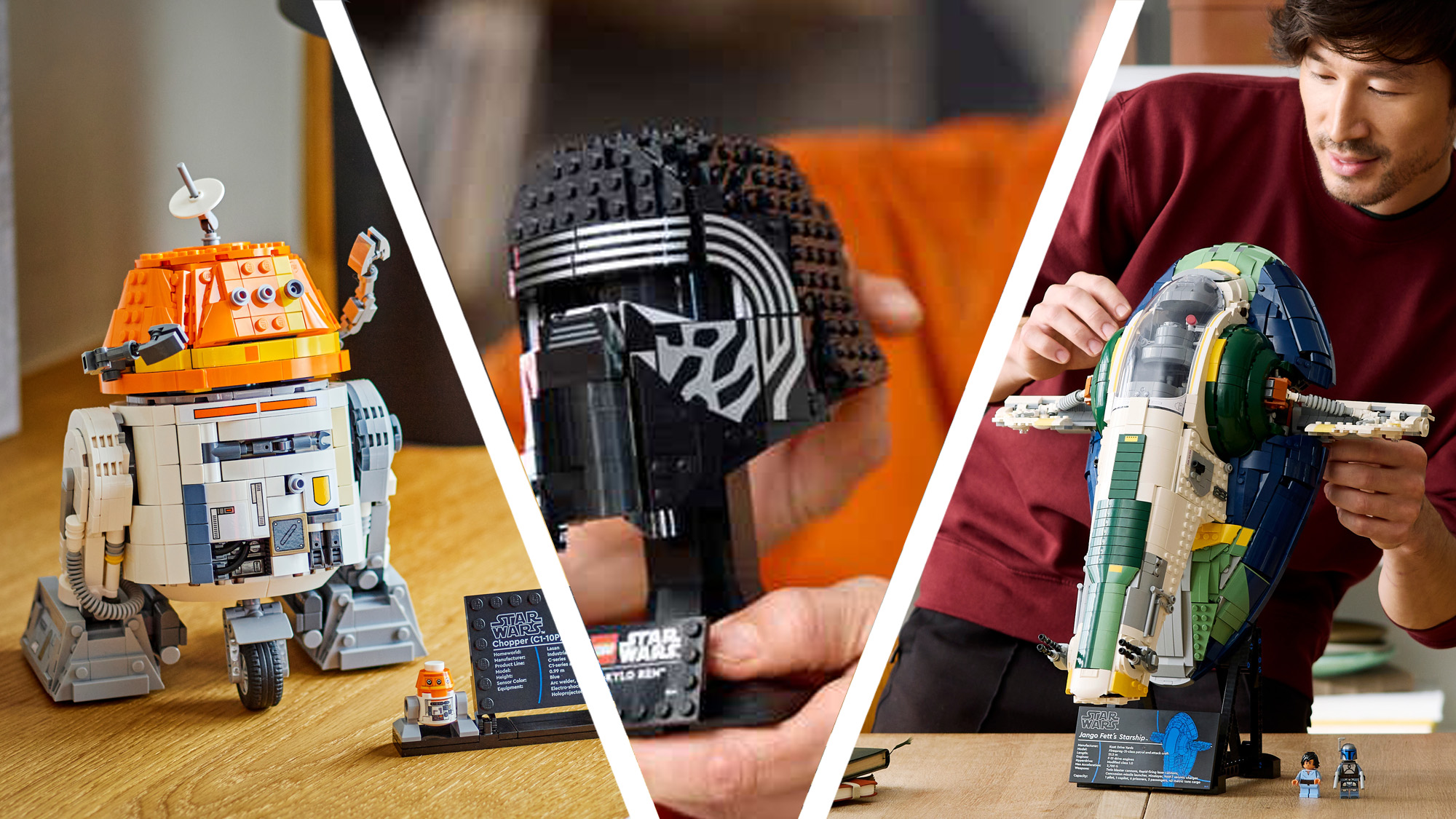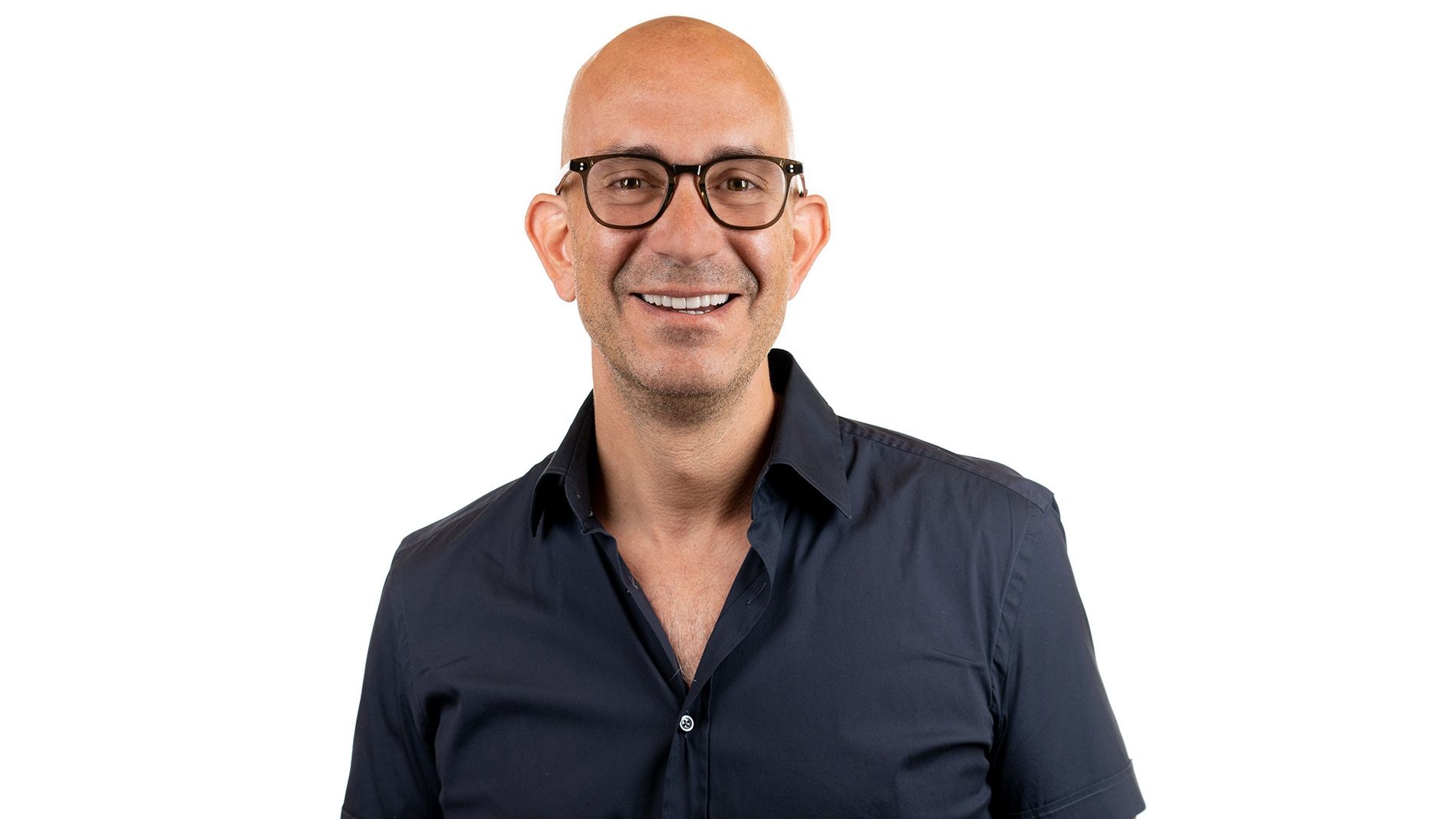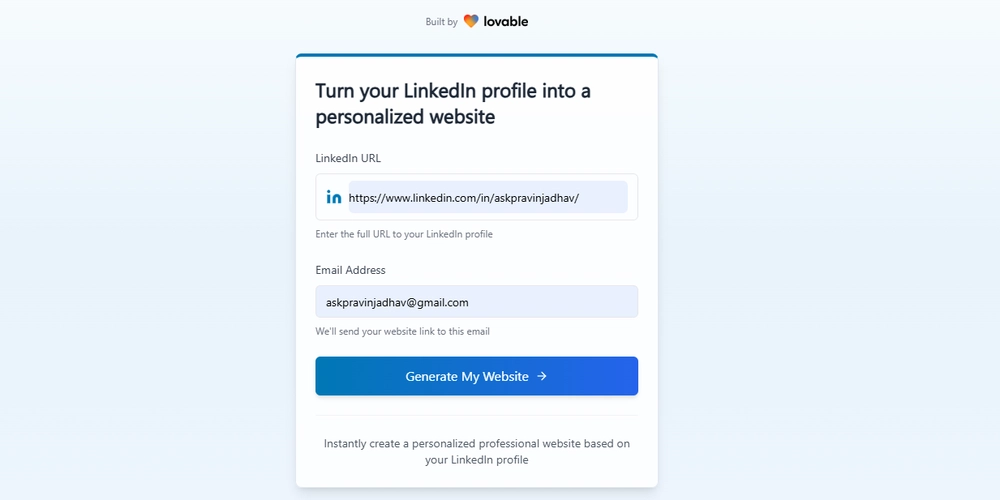The Coding Coach: How Mentoring Young Developers Changed Me
Working as a coding coach was one of the most fulfilling jobs I’ve ever had. I was hired as a Coding Coach at a small franchise called The Coder School because they needed someone well-versed in Python who could explain core coding concepts. I figured, “If I can teach adults, this will be easy.” Little did I know — I’d be teaching kids. Not only did I have to break down complex coding concepts, but I also had to make them fun and engaging. Teaching kids to code was a whole new challenge. Getting them to focus was tough enough, but explaining what a Class is? That was a different level of difficult. On top of that, I was known among my friends for having “word salad” whenever I spoke — my thoughts made sense in my head but came out all jumbled. I really needed this job, so I did what I do best: Fake it till you make it. I decided to channel the best teachers I had growing up — the ones who made learning fun. The problem? I had no teaching experience, no natural talent for explaining things clearly, and no idea what I was doing. But I had to try. Learning on the Job My first student was learning Scratch, a block-based coding platform I had never used before. I had to pretend like I knew it well, but thankfully, it was easy to pick up. My job wasn’t to teach rocket science — it was to introduce kids to coding concepts in a way they could understand. Seeing my students grasp these ideas gave me a huge confidence boost, both as a teacher and a coder. Over time, I took on more students — sometimes six at a time. My next challenge was teaching Python to kids. I knew Python well but never saw myself as an expert. One of my students picked things up so quickly that he was learning faster than I could teach. We eventually worked our way up to solving LeetCode-style problems together. In some ways, he was teaching me just as much as I was teaching him. Hitting a Roadblock Not every student was a success story from the start. One student wanted to learn Rust — something I had never touched. Rust has a steep learning curve, and trying to teach it as a _first _programming language felt nearly impossible. I could tell the student was struggling, and I felt like I was failing him every session. I knew I had to change my approach. Instead of just going with the flow, I started creating structured lesson plans. Eventually, I realized he was struggling with basic coding fundamentals. We pivoted to Java, something more practical for his interests. This shift helped him build a stronger foundation, and I became a better teacher in the process. My Most Memorable Student My last student was the most interesting. He already knew Scratch, was incredibly smart, and was also a bit of a class clown. Keeping him on task was the real challenge. He needed something hands-on and creative to stay engaged, so I introduced him to web development. His first project? A baseball website. I had him sketch the design on a whiteboard, giving him every Expo marker available. Once he visualized it, we broke it down into smaller components and started coding. HTML and CSS were manageable, but getting him to focus was tough. Still, progress was made. Unfortunately, I had to leave before we could finish. I had accepted a new job in another state, and my student was assigned to another coach. Leaving was bittersweet, but I knew he was in good hands. Reflections on Mentorship Looking back, I grew envious of these kids. When I was younger, I had to figure things out on my own. These students had access to endless resources, mentors to guide them, and the chance to start coding at an early age. I wish I had that when I was growing up. Teaching at The Coder School changed me. It forced me to become a better communicator, challenged me to adapt, and showed me the impact of mentorship. I hope my students continue learning, growing, and building incredible things. Have you ever had a teacher who changed your life? Or have you had the opportunity to mentor someone? Let’s talk in the comments.
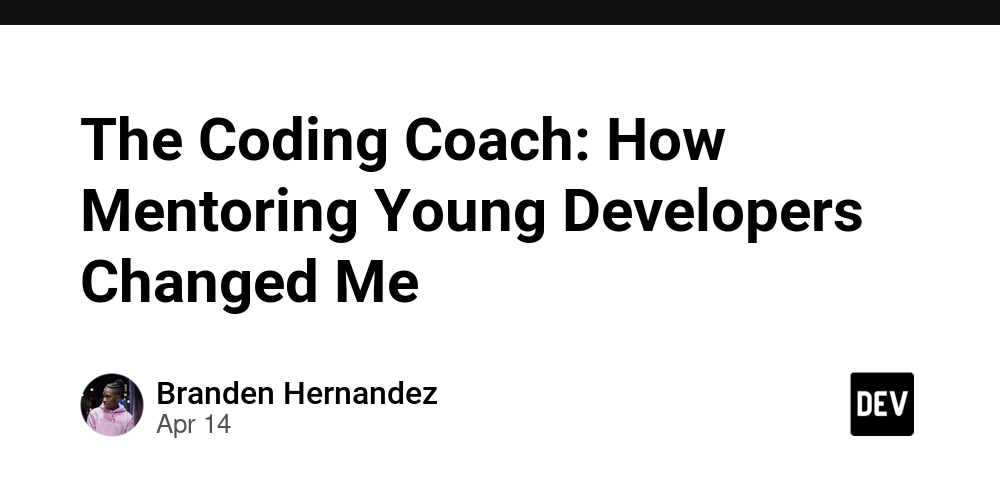
Working as a coding coach was one of the most fulfilling jobs I’ve ever had. I was hired as a Coding Coach at a small franchise called The Coder School because they needed someone well-versed in Python who could explain core coding concepts. I figured, “If I can teach adults, this will be easy.” Little did I know — I’d be teaching kids.
Not only did I have to break down complex coding concepts, but I also had to make them fun and engaging. Teaching kids to code was a whole new challenge. Getting them to focus was tough enough, but explaining what a Class is? That was a different level of difficult. On top of that, I was known among my friends for having “word salad” whenever I spoke — my thoughts made sense in my head but came out all jumbled.
I really needed this job, so I did what I do best: Fake it till you make it. I decided to channel the best teachers I had growing up — the ones who made learning fun. The problem? I had no teaching experience, no natural talent for explaining things clearly, and no idea what I was doing. But I had to try.
Learning on the Job
My first student was learning Scratch, a block-based coding platform I had never used before. I had to pretend like I knew it well, but thankfully, it was easy to pick up. My job wasn’t to teach rocket science — it was to introduce kids to coding concepts in a way they could understand. Seeing my students grasp these ideas gave me a huge confidence boost, both as a teacher and a coder.
Over time, I took on more students — sometimes six at a time. My next challenge was teaching Python to kids. I knew Python well but never saw myself as an expert. One of my students picked things up so quickly that he was learning faster than I could teach. We eventually worked our way up to solving LeetCode-style problems together. In some ways, he was teaching me just as much as I was teaching him.
Hitting a Roadblock
Not every student was a success story from the start. One student wanted to learn Rust — something I had never touched. Rust has a steep learning curve, and trying to teach it as a _first _programming language felt nearly impossible. I could tell the student was struggling, and I felt like I was failing him every session.
I knew I had to change my approach. Instead of just going with the flow, I started creating structured lesson plans. Eventually, I realized he was struggling with basic coding fundamentals. We pivoted to Java, something more practical for his interests. This shift helped him build a stronger foundation, and I became a better teacher in the process.
My Most Memorable Student
My last student was the most interesting. He already knew Scratch, was incredibly smart, and was also a bit of a class clown. Keeping him on task was the real challenge. He needed something hands-on and creative to stay engaged, so I introduced him to web development.
His first project? A baseball website. I had him sketch the design on a whiteboard, giving him every Expo marker available. Once he visualized it, we broke it down into smaller components and started coding. HTML and CSS were manageable, but getting him to focus was tough. Still, progress was made.
Unfortunately, I had to leave before we could finish. I had accepted a new job in another state, and my student was assigned to another coach. Leaving was bittersweet, but I knew he was in good hands.
Reflections on Mentorship
Looking back, I grew envious of these kids. When I was younger, I had to figure things out on my own. These students had access to endless resources, mentors to guide them, and the chance to start coding at an early age. I wish I had that when I was growing up.
Teaching at The Coder School changed me. It forced me to become a better communicator, challenged me to adapt, and showed me the impact of mentorship. I hope my students continue learning, growing, and building incredible things.
Have you ever had a teacher who changed your life? Or have you had the opportunity to mentor someone? Let’s talk in the comments.














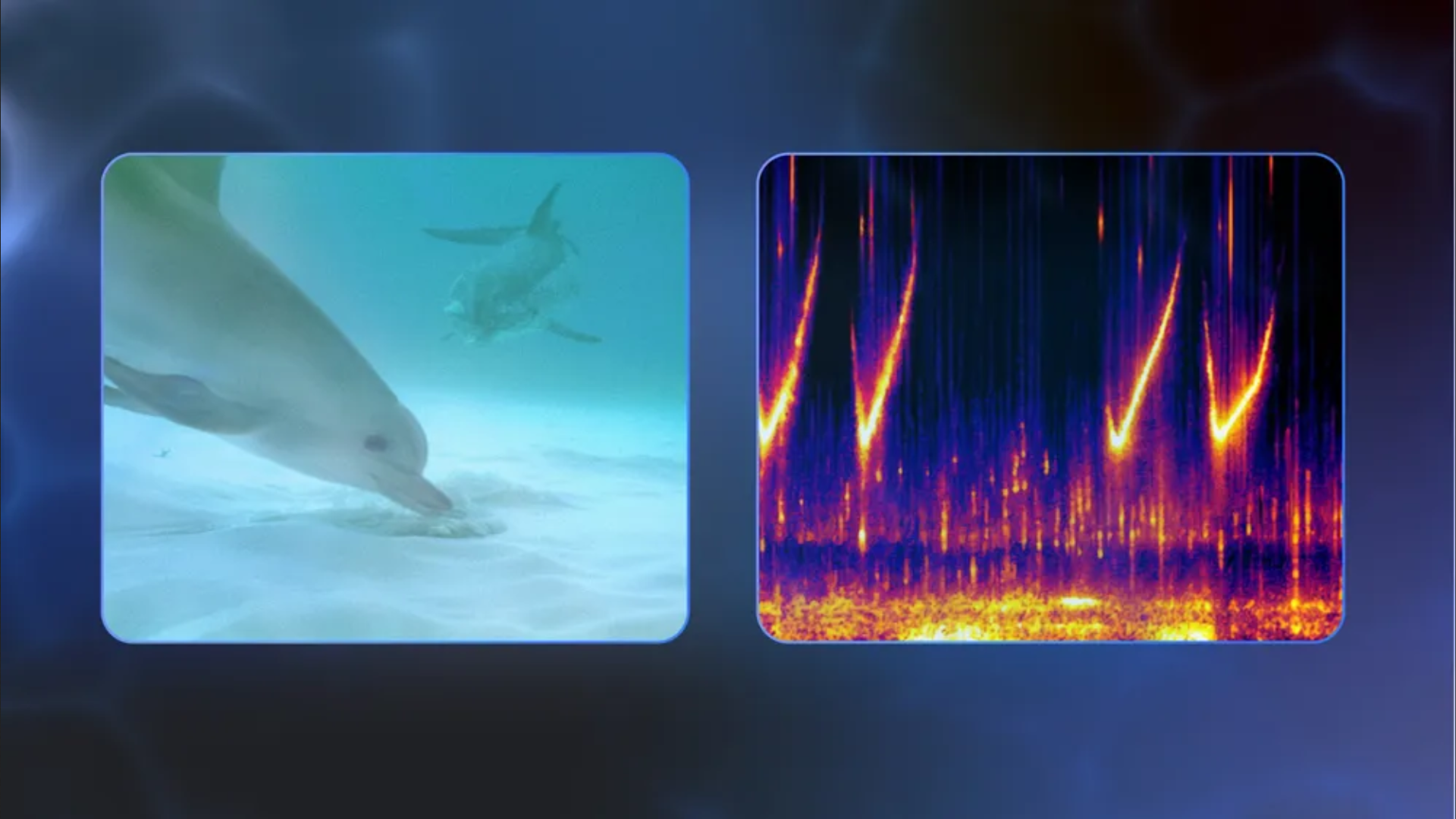


























































































































































![[The AI Show Episode 144]: ChatGPT’s New Memory, Shopify CEO’s Leaked “AI First” Memo, Google Cloud Next Releases, o3 and o4-mini Coming Soon & Llama 4’s Rocky Launch](https://www.marketingaiinstitute.com/hubfs/ep%20144%20cover.png)














































































































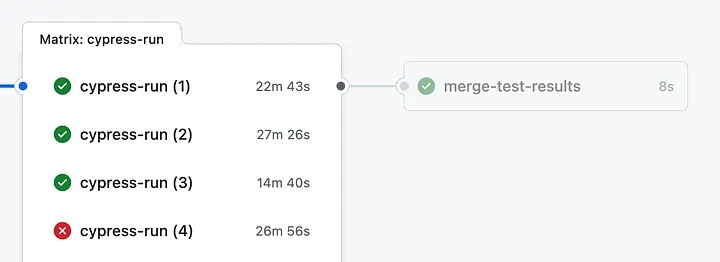
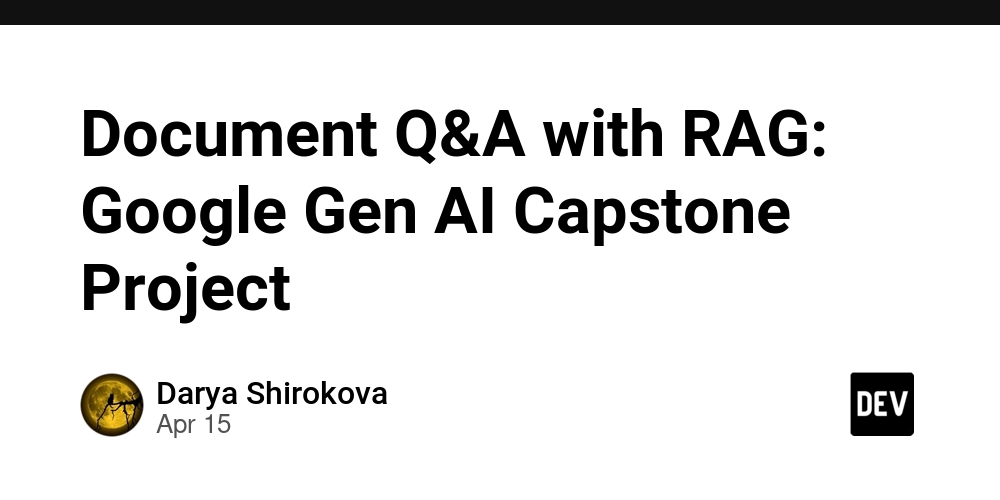
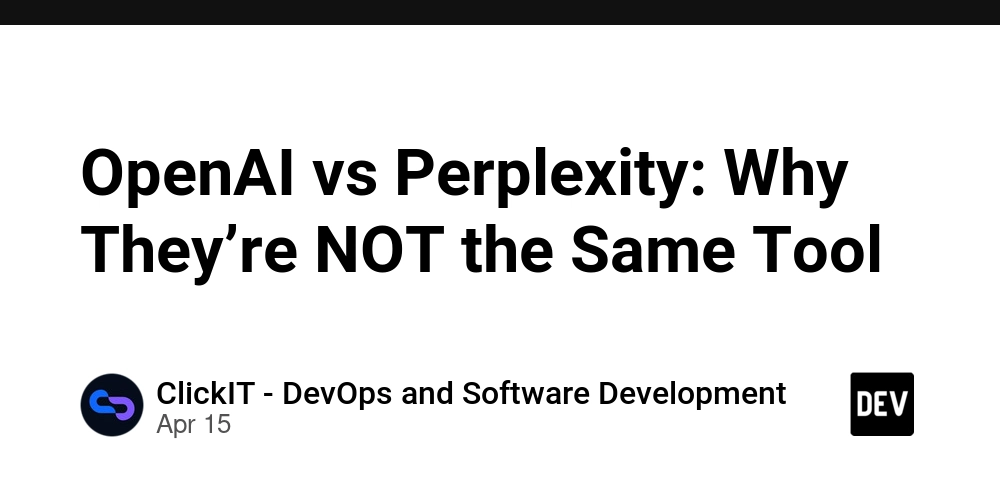
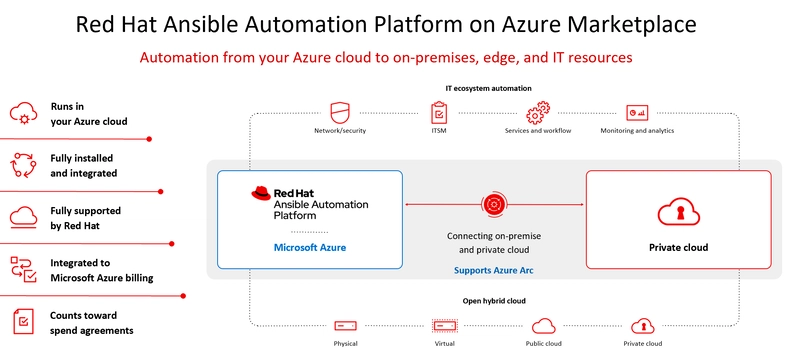






























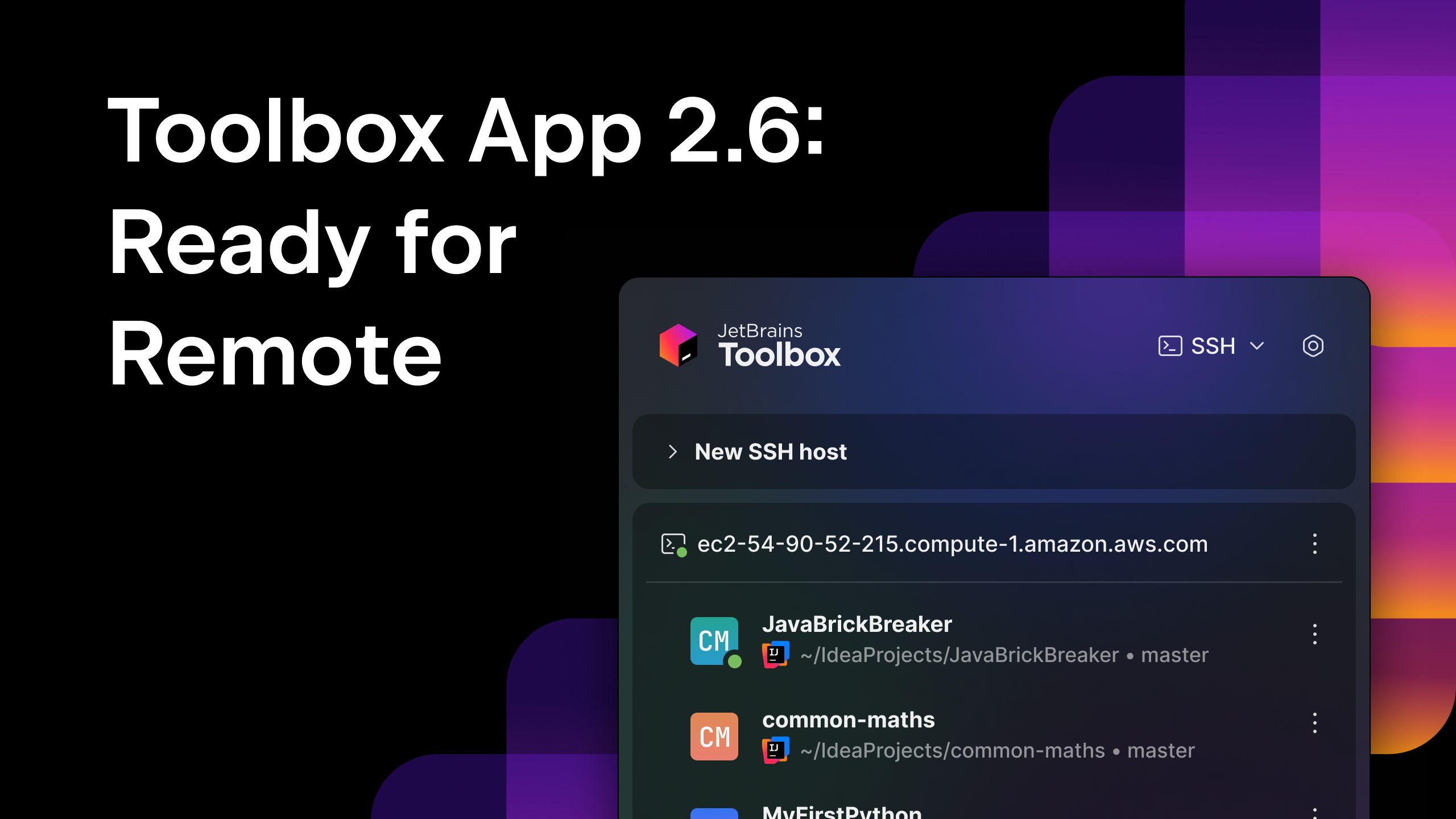





















































![Blue Archive tier list [April 2025]](https://media.pocketgamer.com/artwork/na-33404-1636469504/blue-archive-screenshot-2.jpg?#)






























.png?#)











-Baldur’s-Gate-3-The-Final-Patch---An-Animated-Short-00-03-43.png?width=1920&height=1920&fit=bounds&quality=70&format=jpg&auto=webp#)
























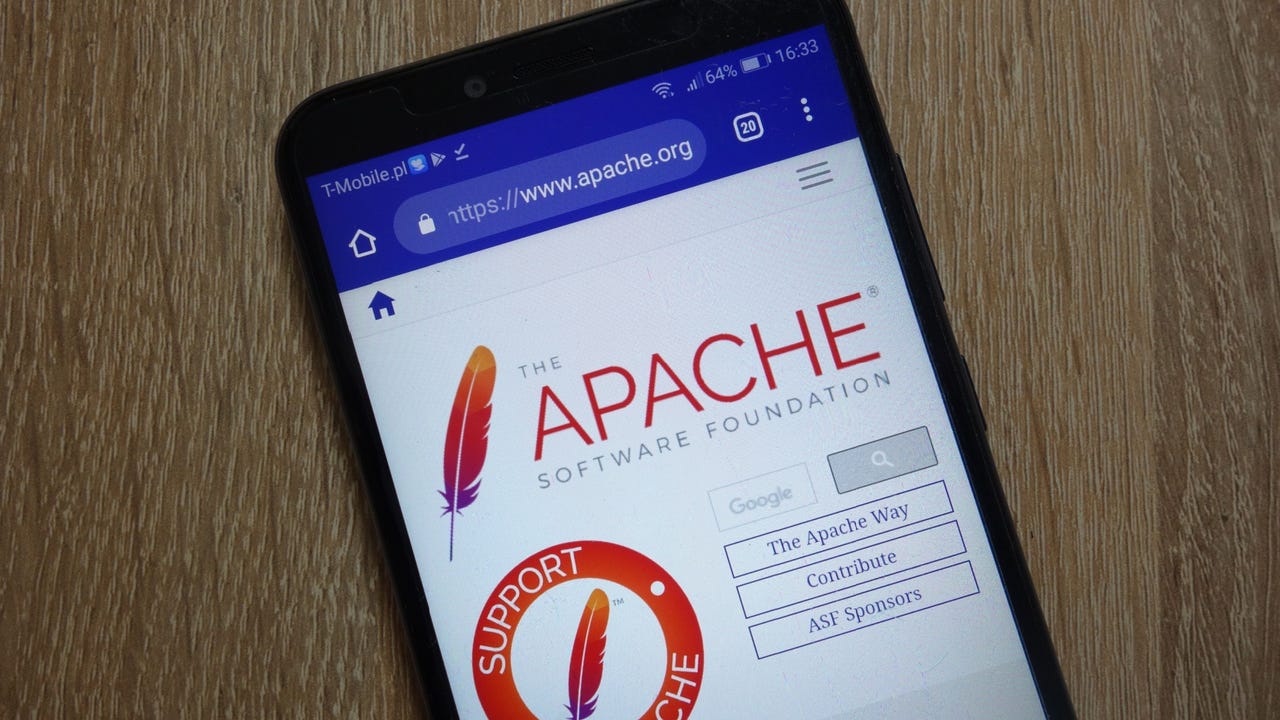



















































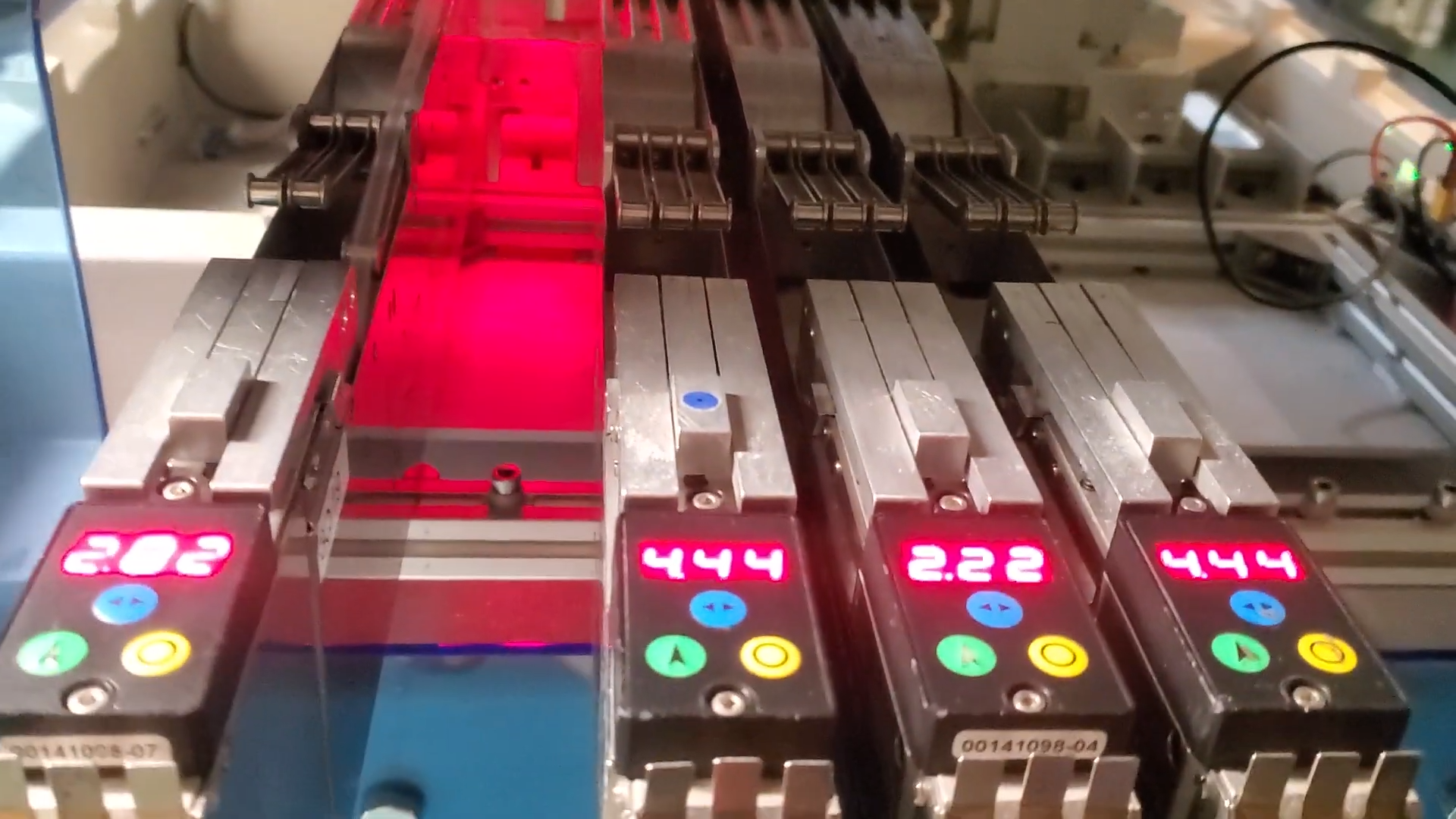

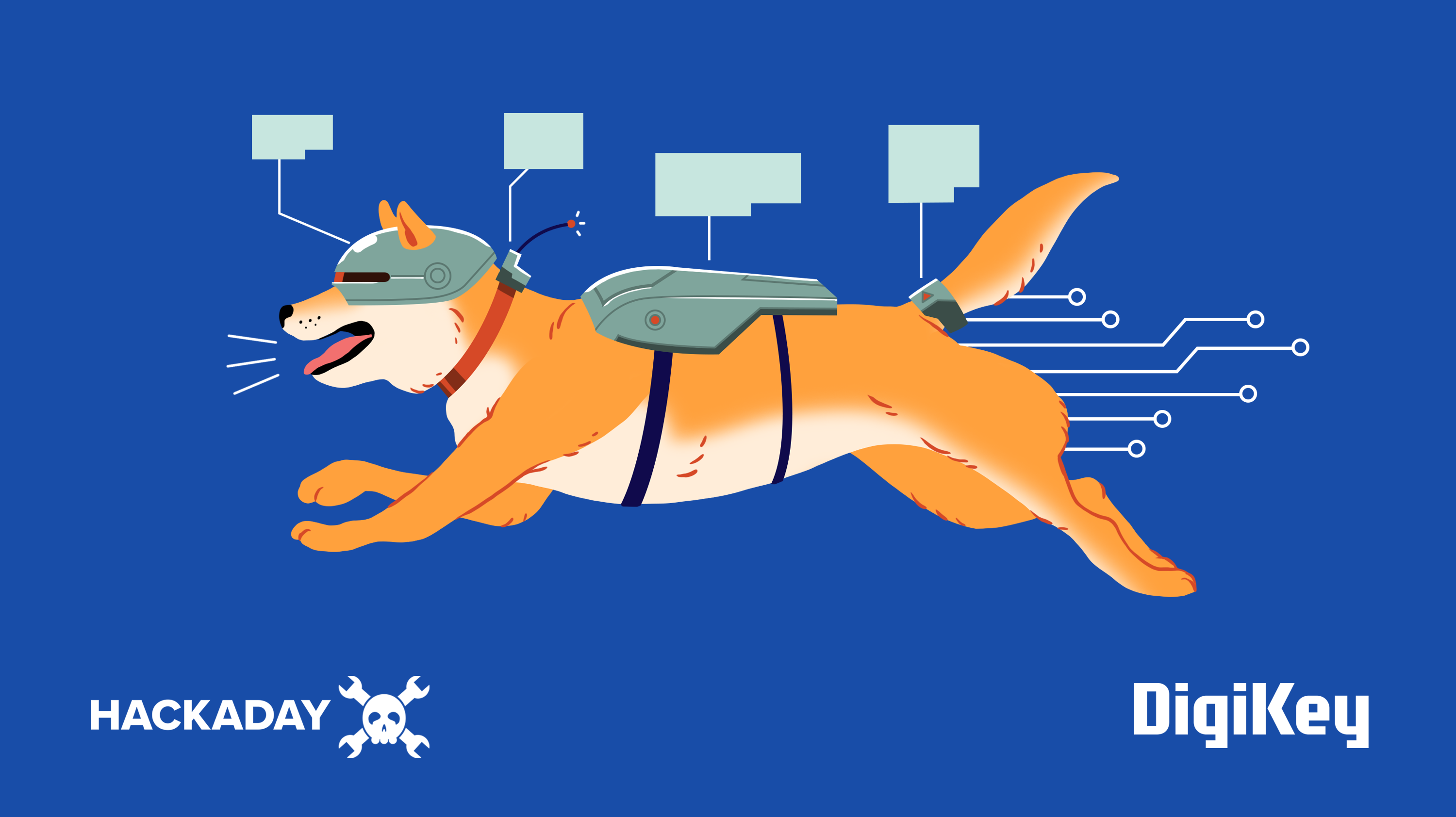





















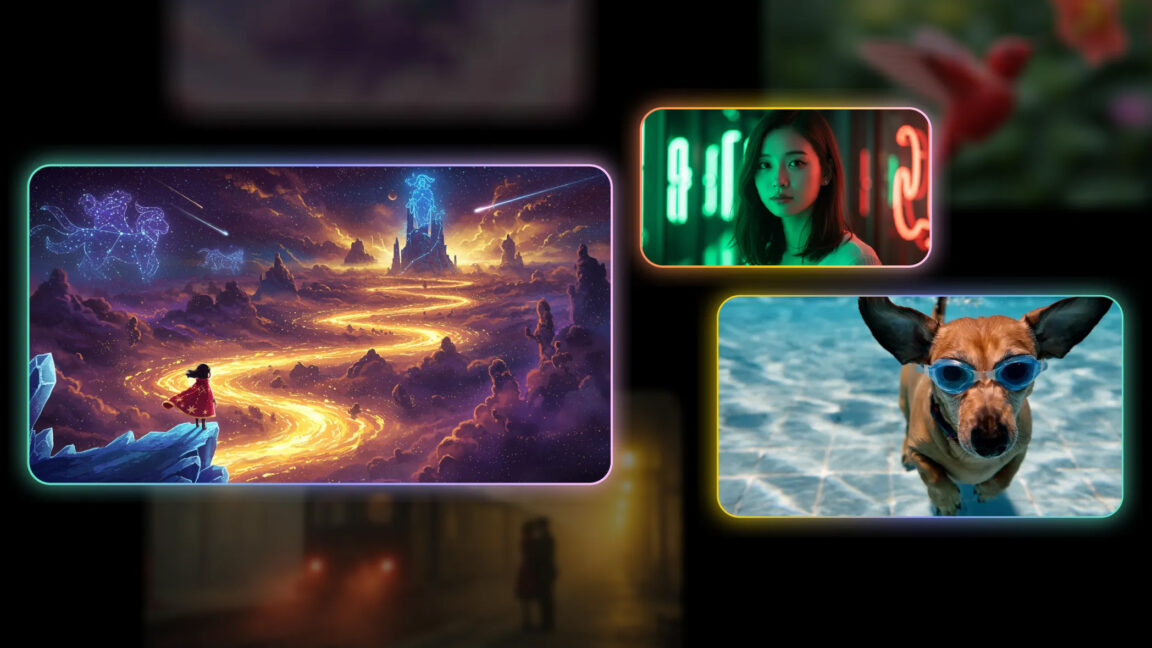

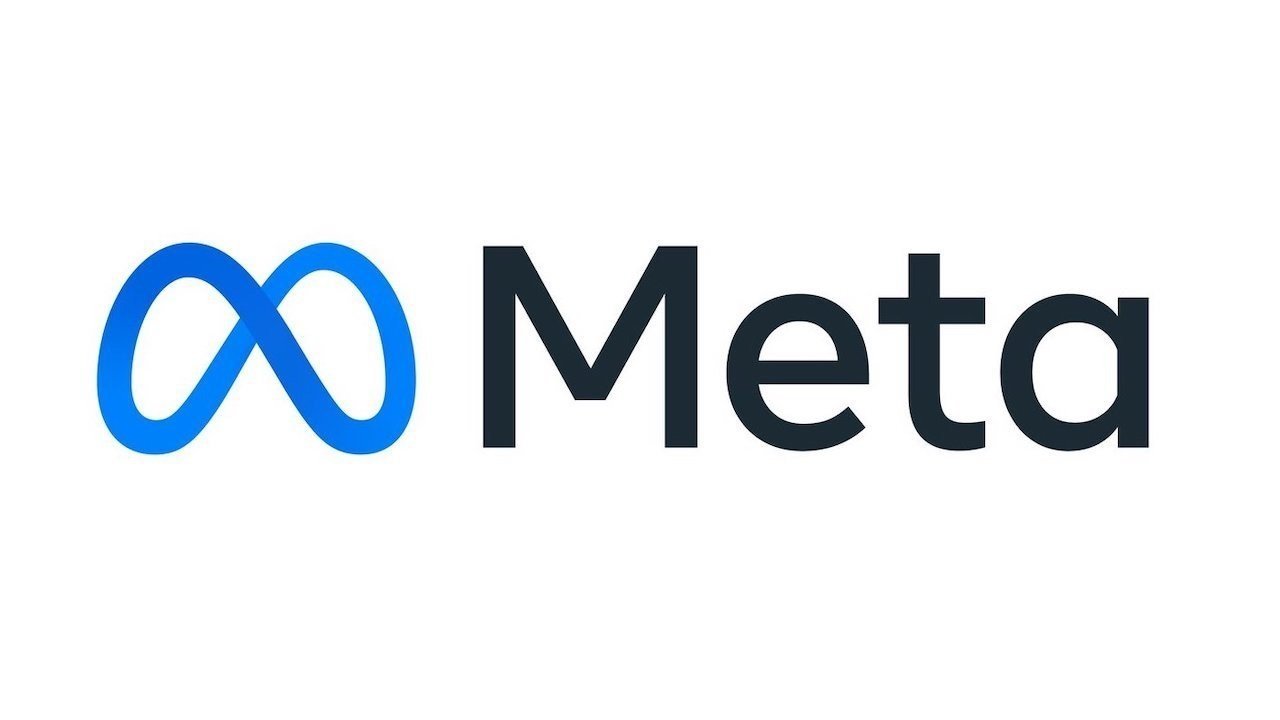
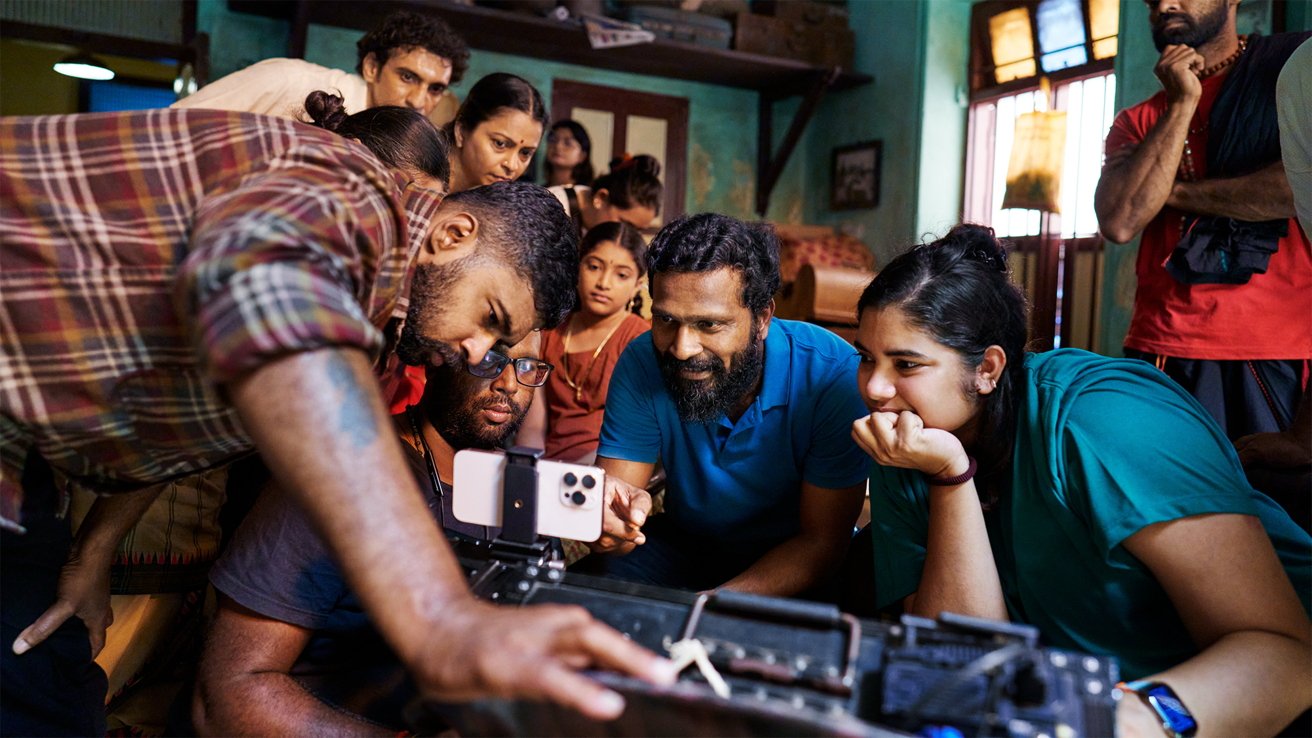

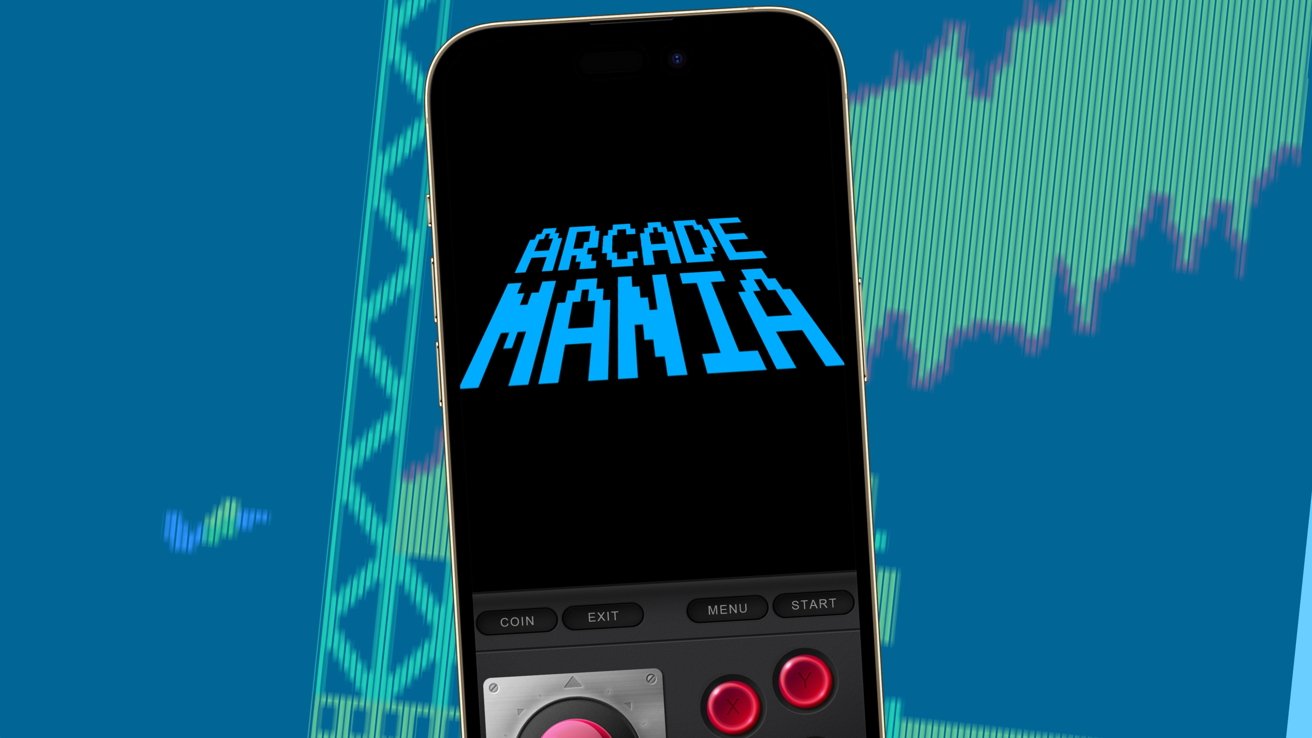



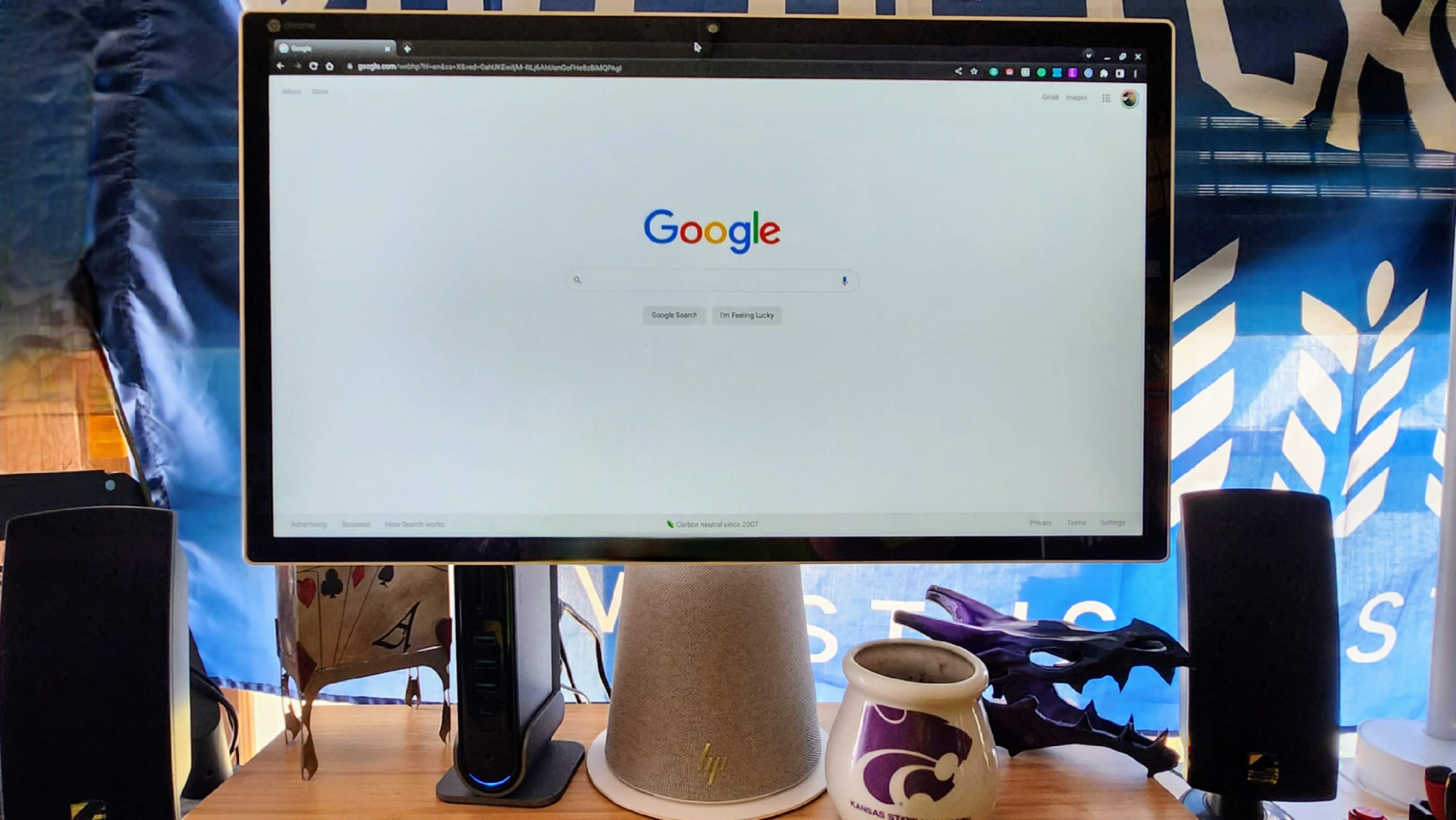
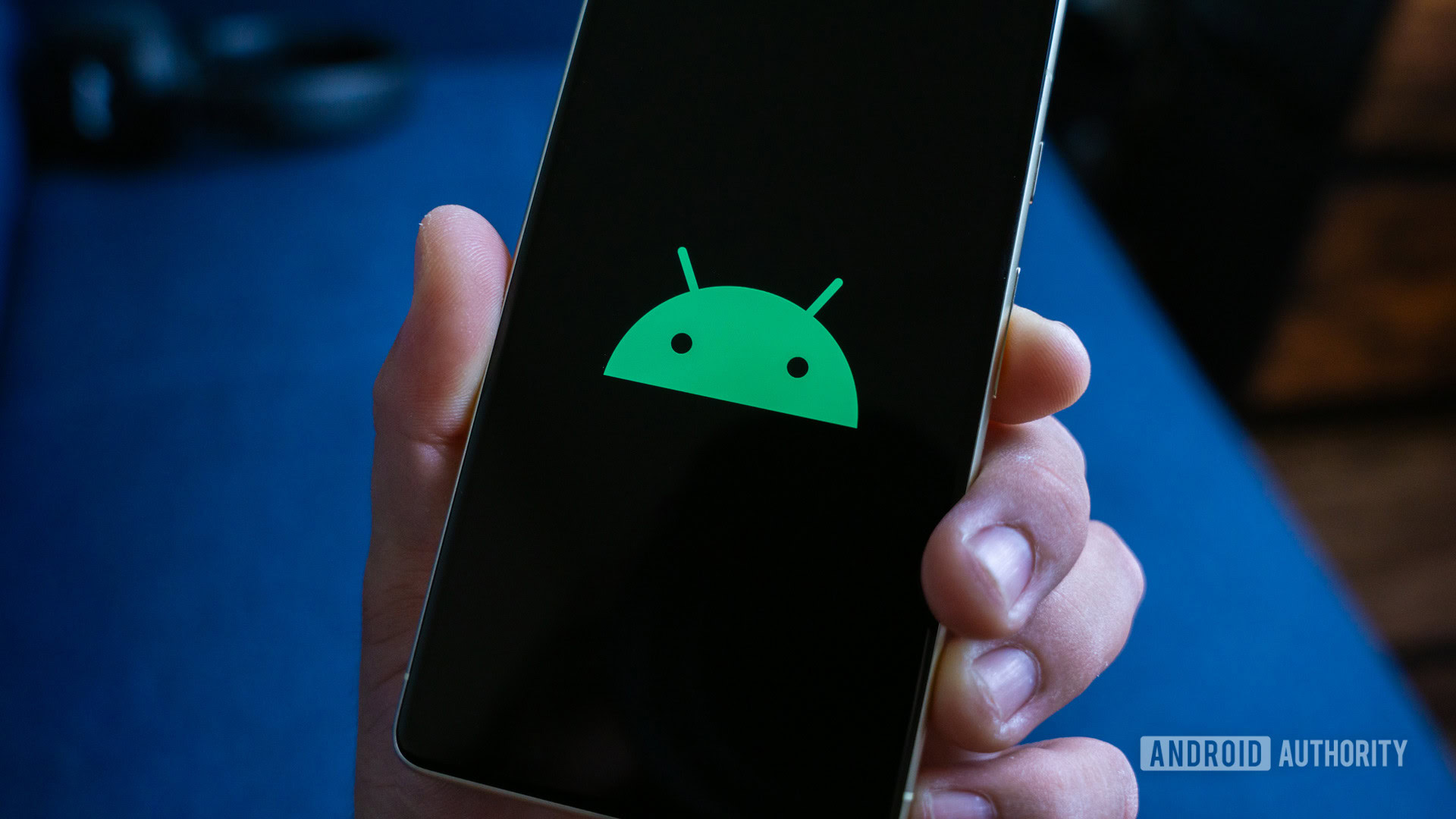





















![Apple's Foldable iPhone May Cost Between $2100 and $2300 [Rumor]](https://www.iclarified.com/images/news/97028/97028/97028-640.jpg)
![Apple Releases Public Betas of iOS 18.5, iPadOS 18.5, macOS Sequoia 15.5 [Download]](https://www.iclarified.com/images/news/97024/97024/97024-640.jpg)
![Apple to Launch In-Store Recycling Promotion Tomorrow, Up to $20 Off Accessories [Gurman]](https://www.iclarified.com/images/news/97023/97023/97023-640.jpg)

















